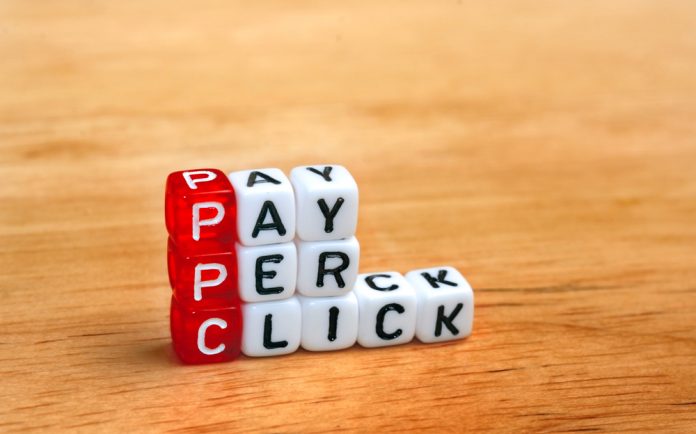When it comes to the advertising of hotels, marketers know that it’s important to take a multi-channel approach and get the brand name ‘out there’ as much as possible. In today’s fast-moving world, that’s the only way to stand out from competitors and ensure full rooms, even at traditionally tricky times of the year.
One of the most popular paid ways of doing this is no longer putting hotels in travel agents’ brochures but by opting Hotel PPC advertising on Google and other search engines. This means the brand is listed above organic search results when someone looks for particular keywords chosen for the ad – they’re usually the ones highlighted in a slightly different colour in the list. We’ve spoken in detail before about PPC, so do check our archives if you want a back-to-basics look at the phenomenon. For now though, it’s always interesting to return to the subject, so let’s consider some facts you might not have known about the revolution that is PPC.
1. PPC and organic search work together Some people assume that PPC cannibalises organic search, but this isn’t the case at all. Indeed, successful brands will ensure they use both in order to drive as much traffic as possible to their website.Organic listings supplemented by PPC will boost total clicks and conversions, with some studies suggesting that these figures can go up by 91 and 45 per cent respectively when an integrated approach is used.For example, you could use PPC on your keywords that aren’t yet ranking organically, as well as to determine which are driving the most revenue so you can alter your organic search campaigns accordingly.
However, traditional SEO is likely to be better for keywords that wouldn’t be cost-effective to target with PPC because they are too popular and therefore too expensive to bid for. You could also use organic to get visitors to come to your site in the first place, then target them again later with PPC so they remember you.
2. Mobile devices are increasingly driving PPC Some time ago, Google reported that mobile devices now account for more than half of paid-for search clicks. This impacts on the advertisers including hotel marketers, as it means any PPC campaigns must be optimised for mobiles and tablets if important revenue is to be generated.
3. Negative keywords are essential Targeting particular demographics is important with PPC, so don’t forget to consider your negative keywords such as ‘cheap’. This means that it rules out those not looking for budget hotel stays – and you don’t waste valuable cash on click-throughs that are going to bounce straight off your site.One study by SEO ROI found that using negative keywords increased a campaign’s conversion rate from 1.1 per cent to 1.5 per cent, which is a significant figure for such an easy tactic.
4. Algorithm updates don’t affect PPC SEO is a tricky thing to keep on top of, as search engines are regularly updating their algorithms and completely changing the way search works. You may find that organic keywords that had been working a treat are suddenly irrelevant or, even worse, penalised by Google and the like, necessitating complete overhauls of marketing tactics. On the other hand, PPC isn’t affected by these algorithms, so you should find that your campaigns run nice and smoothly until you make alterations to them yourself.
5. PPC isn’t necessarily expensive Some smaller hotels may have avoided PPC advertising for fear that it’s expensive, but this doesn’t have to be the case. You can spend as much or as little as you like, even if that’s just £1 a day, yet still reap the rewards if you chance upon niche keywords.Google estimates that businesses make an average of $2 for every $1 spent on its AdWords PPC platform, so a short, inexpensive campaign could be well worth a try.
6. Many people can’t spot paid-for search results Another thing we’ve heard putting people off PPC is the fact that they assume web users can spot paid-for ads a mile off and will then avoid them. Actually this isn’t the case – Wordstream found that half of all search engine users can’t tell the difference between PPC and organic.This means there is no reason why they won’t click through when they see your business name at the top of their Google page. PPC advertising can seem complicated when you first get started and it’s true that there are a few things to remember that will be completely different to anything you’ve used before.
However, it can be easy to generate revenue for just a little extra marketing money and well-managed campaigns should work effectively with traditional search tactics for a rounded approach.Why not look into it and give PPC a go, even if it’s just for the next hotel event or offer you need to promote?







